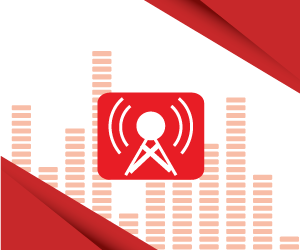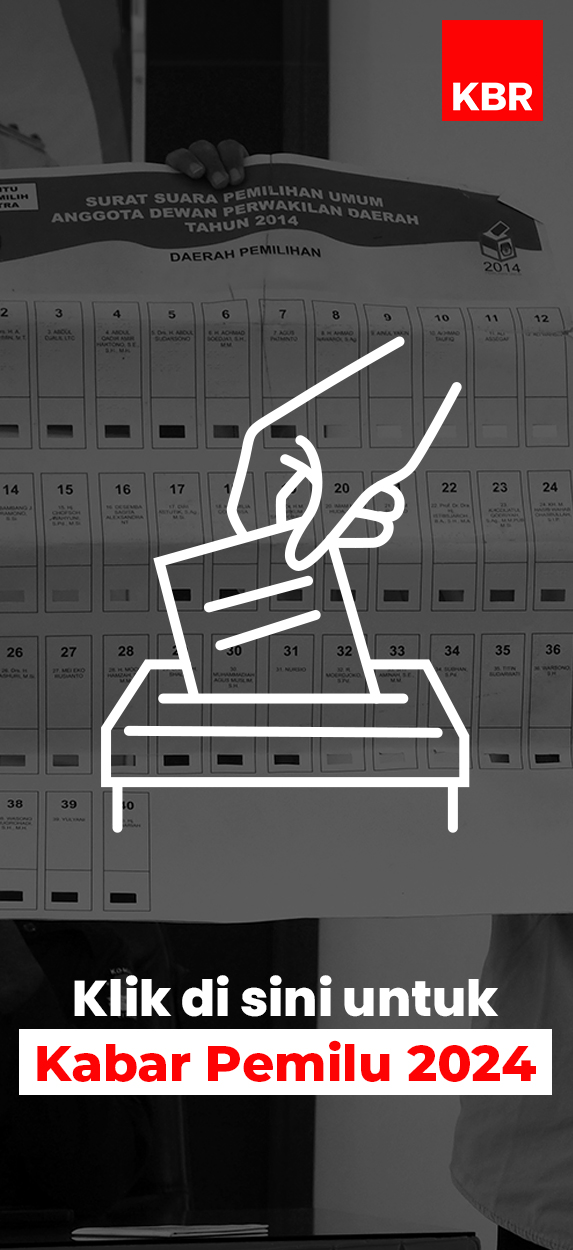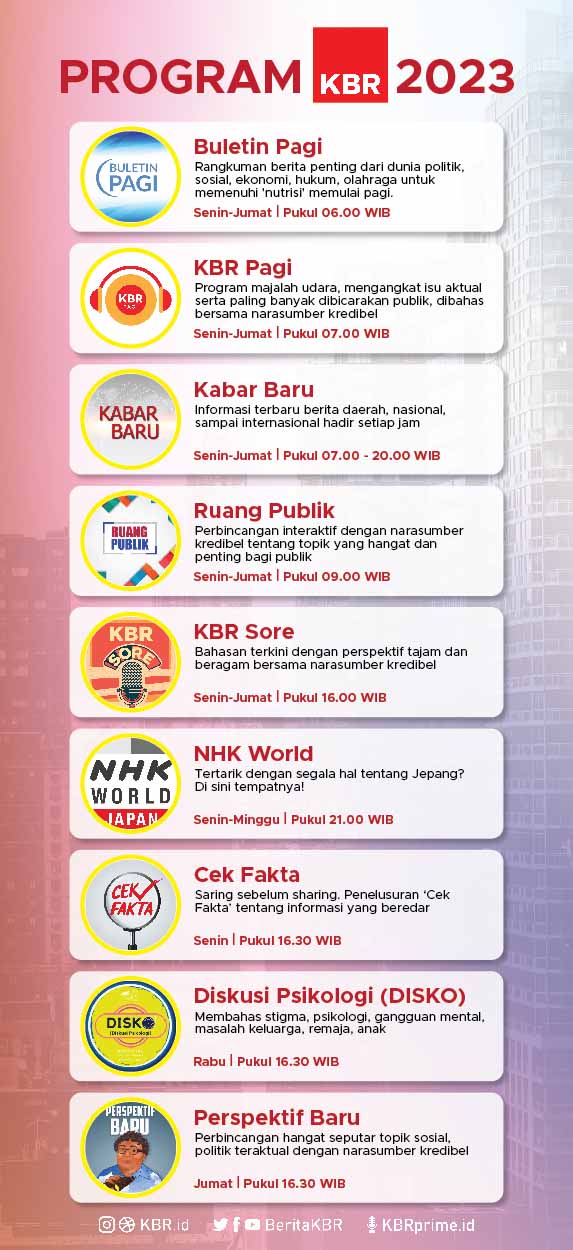Nagaland, a state with a population of about 2 million, is currently administered by India. But there has been a movement for independence since 1947. The Naga separatists declared their independence from India hours before the country gained its own independence in 1947.
Thousands have died since then. The Naga National Council, today known as the Federal Government of Nagaland, began the freedom movement.
Lhouvitsu, who goes by one name, is the speaker of FGN.
“Even before India become a nation, Nagas, fearing that our leaders... went up to Delhi to meet Mahatma Gandhi and told him that, ‘You should not be confused. Nagas are separate and Nagas will remain separate. We will not join you.’ When that was told to Mahatma Gandhi, Mahatma Gandhi said, ‘You have every right to be independent’.”
However, India deployed its military in Nagaland in the 1950s and continues to do so even today.
“We are still living in fear of Indian army’s notorious activities. We cannot move freely. We cannot speak our rights. Because whenever we speak our rights, we get beaten.”
Over the years, rebel groups have taken up arms to fight for independence. Since the 1960s, the Indian government has held peace talks and ceasefire agreements with different splinter groups.
However, a low-intensity conflict continues. Large parts of the Naga population have distanced themselves from the struggle. And you can find lots of young people who are disillusioned with their independent fighters.
Robert Solo is a youth leader in Nagaland.
“But now some young people are coming up. Those youngsters who are fed up of corruption, violence. So... now they are ready for a change. I expect, in Nagaland, there will be a mass agitation, a protest against corruption... People have been silenced for so many years but now everywhere, the need is very much felt now to speak the truth and to go for what is right. And people are fed up with violence. Everywhere there is a big question on leadership. We don’t trust our leaders any more.”
The silence that has long prevailed is now being replaced by an active online discussion.
Various groups on Facebook such as The Naga Blog, Naga Spear, She Naga, and Nagalim Times are providing a platform, like never before, for the youth to raise their voices. Peter Rutsa is an administrator at The Naga Blog or TNB group on Facebook.
“But, here on the internet, we can have a discussion on any topic by sitting in our living rooms, in our kitchen," he says. "So it is accessible to lots of people, ordinary people who cannot afford to come to Kohima or Dimapur to write an article that they want to share with the general population. And the nice thing about it is about not just the TNB, but Facebook is, lots of people can log in from their mobiles, cheap mobiles.”
There are a lot of heated debates and arguments on these online forums. One thing that gets the participants flared up is the lack of unity among the leaders of the Naga movement.
And that seems to unite the young Nagas online. One of them is Esther Longchar who lives in Dimapur.
“Most of the young generation, they are expressing to unite. We have blogs like Nagablog and some news sites, Morung Express, The Nagaland post. There are so many groups. We express our opinions to unite you know. It makes us feel like we are one family. And when we are like debating or expressing our opinions or we came to know, we get to change our mindsets, even if we are in the wrong.”
All this online activity effects real life. Kevin Yepthomi, another avid Facebooker, explains.
“The civil hospital was not being maintained properly by the government. But instead of just complaining and like and having resentment of the government to bring the development, what we did was, on Facebook, we put an awareness on it. We raised money like, ‘Ok, can we contribute 100 rupees, 200 rupees? What can you give? What material can you contribute?’ That’s how we did and we raised about 150,000 rupees.”
Assembly elections will be held in Nagaland this March. In the wake of elections, the online Naga community is mobilising itself offline. The
Naga Blog, a Facebook group with over 20,000 members, is running a campaign.
Members of the community are meeting ministers running for office and posing difficult questions about corruption and violence in Naga society. At the heart of it all is the resolution to the independence issue.
Will an online movement in Nagaland answer questions that have been around for over 60 years? Let’s wait and watch...







